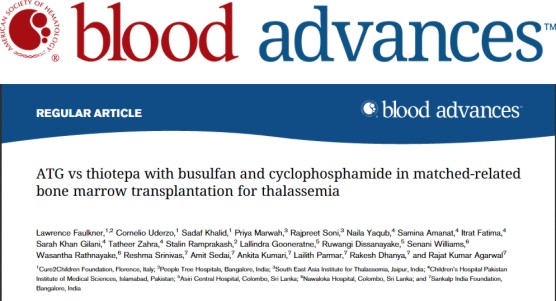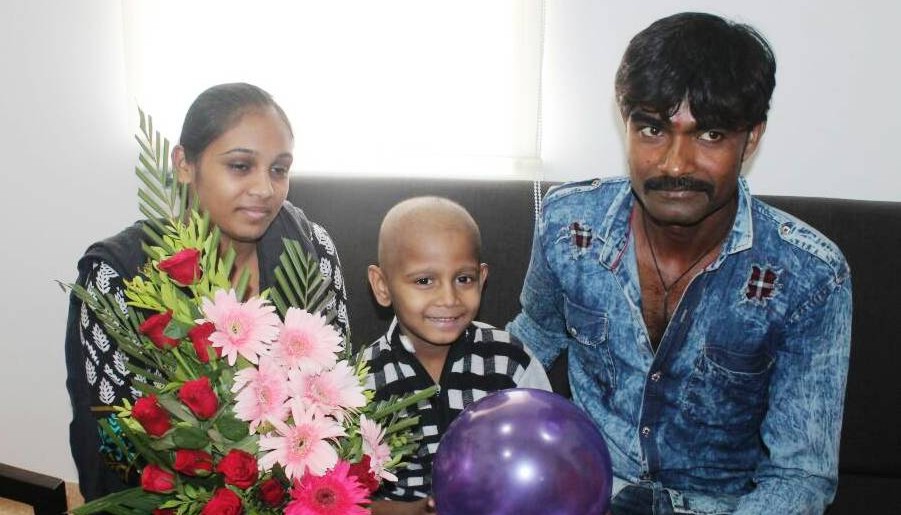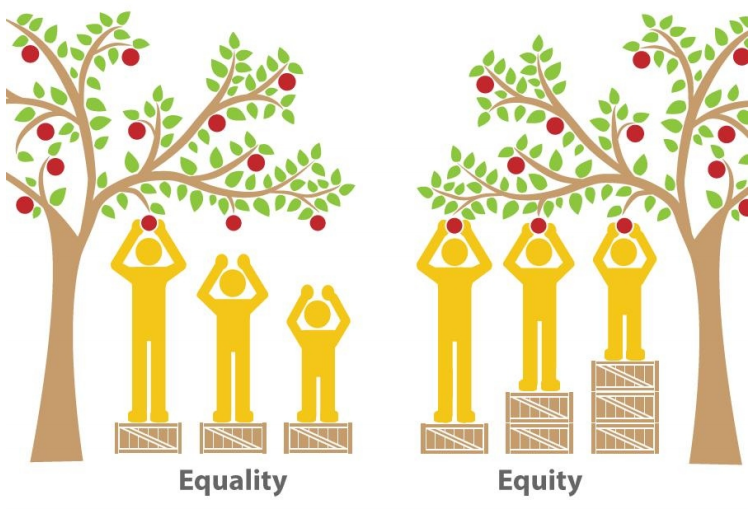Sankalp celebrates the Spirit of 1000 Voluntary Blood Donation Drives
“Sankalp”- A solemn vow of sheer hard work, determination, passion, vision and persistence to ensure that no individual ever dies due to lack of blood and to promote 100% Voluntary Blood Donation. A group of young students, who took this vow on 23rd May, 2003, have come a long way to celebrate the spirit of 1000 Voluntary Blood Donation Drives on 12th July, 2017.








